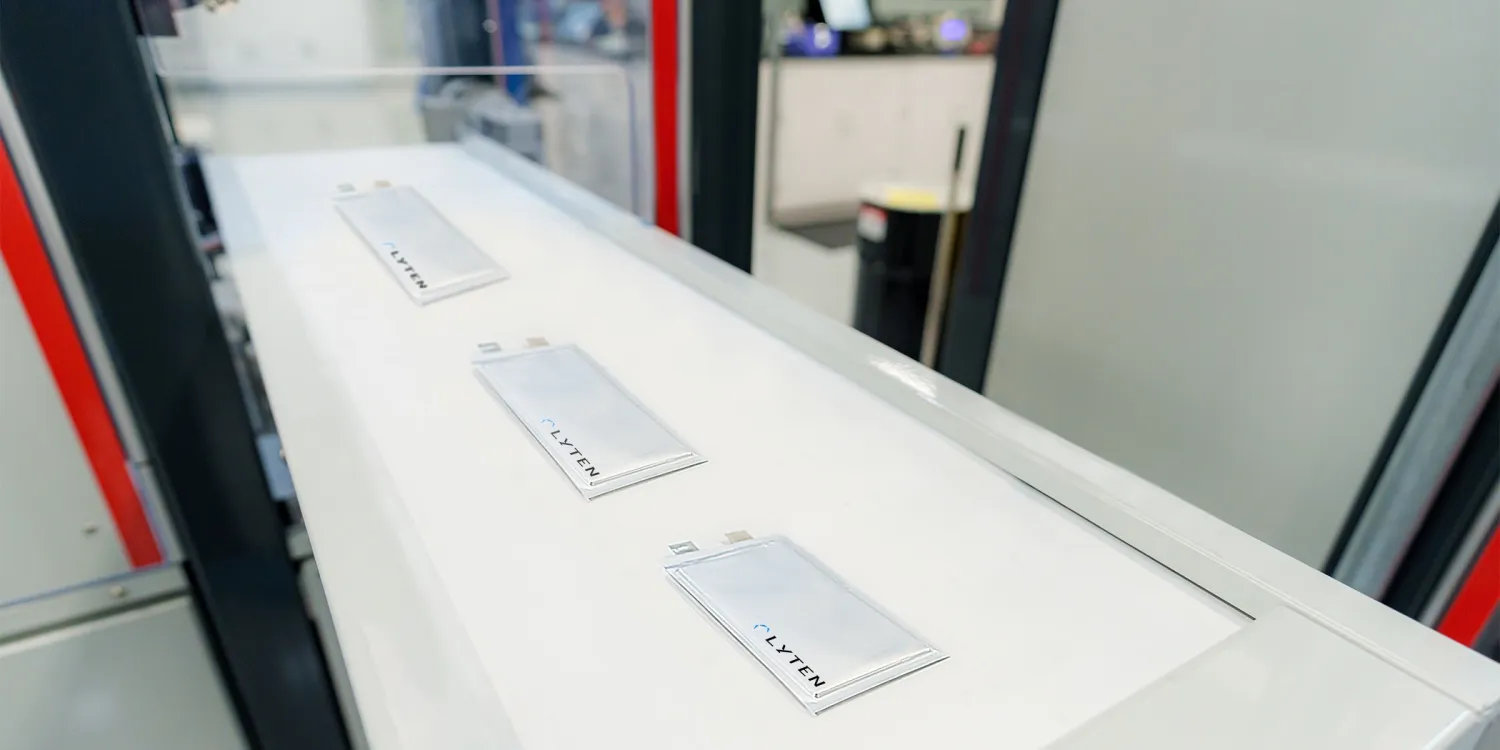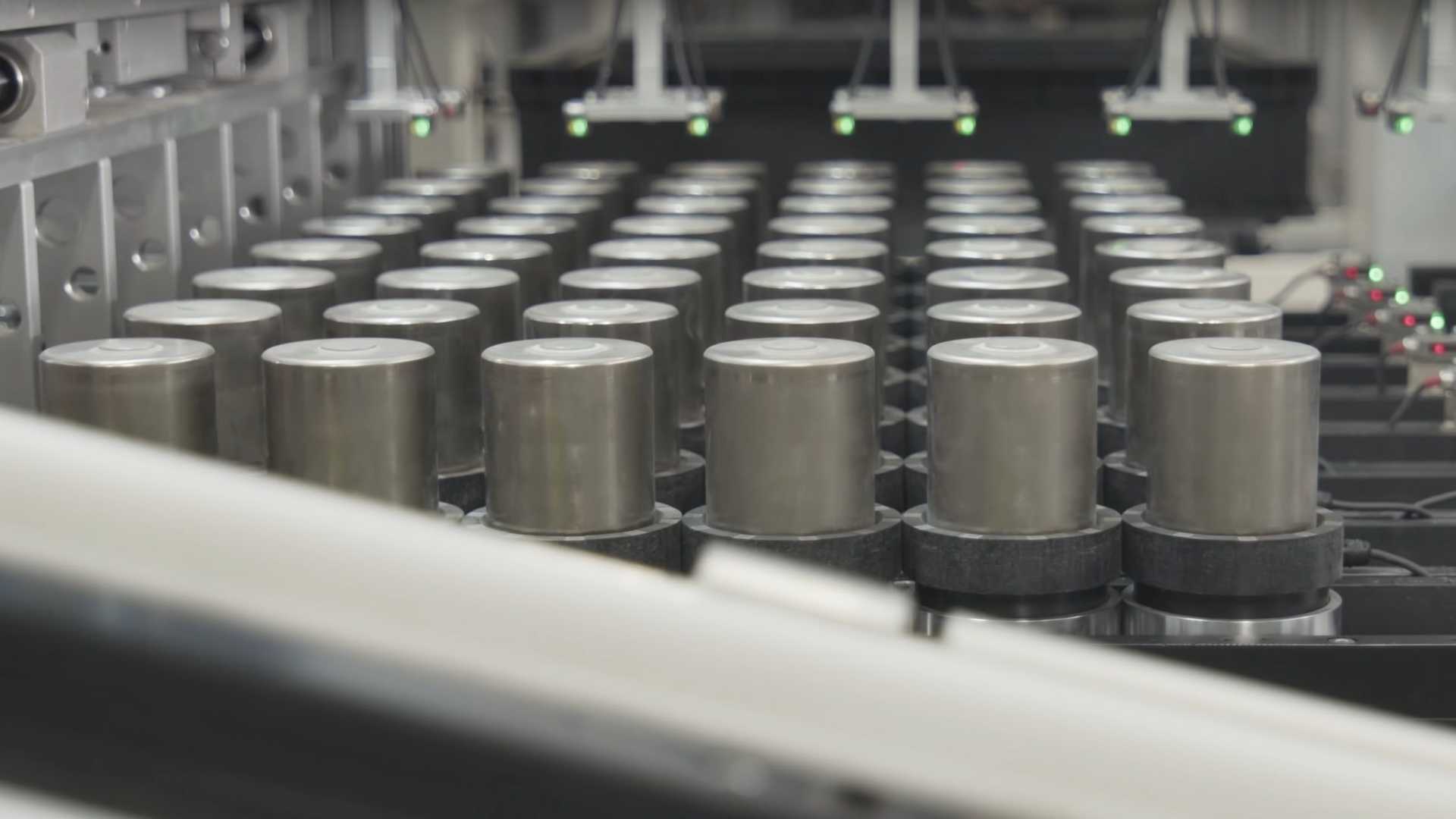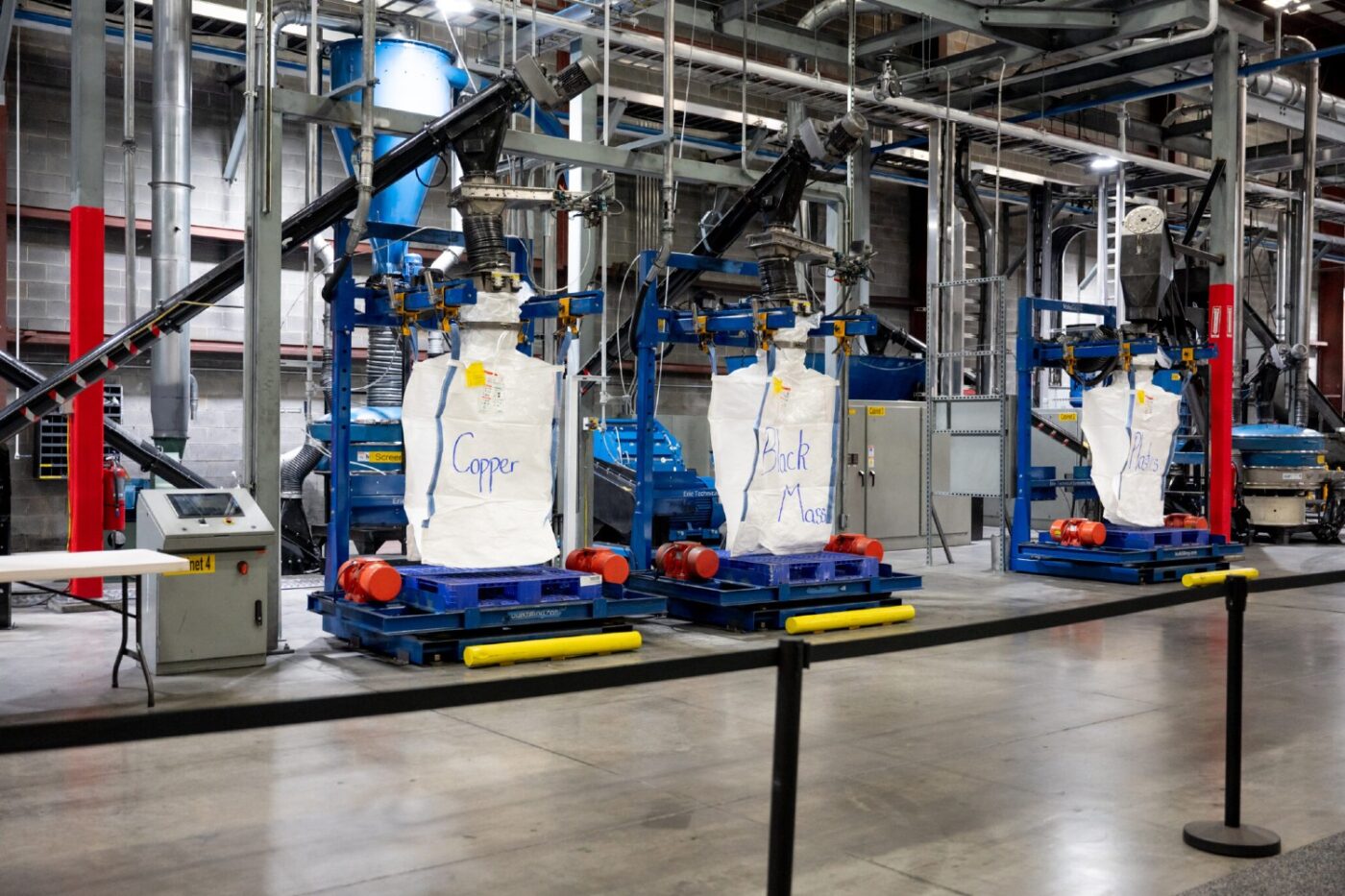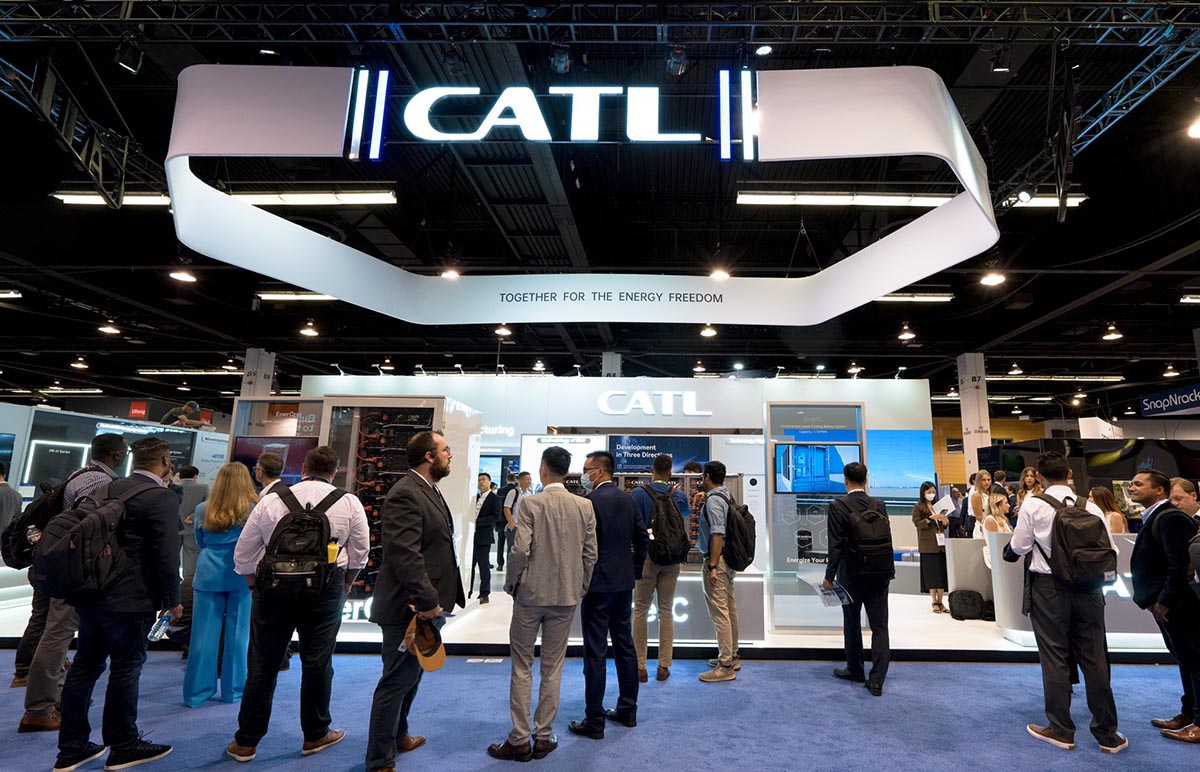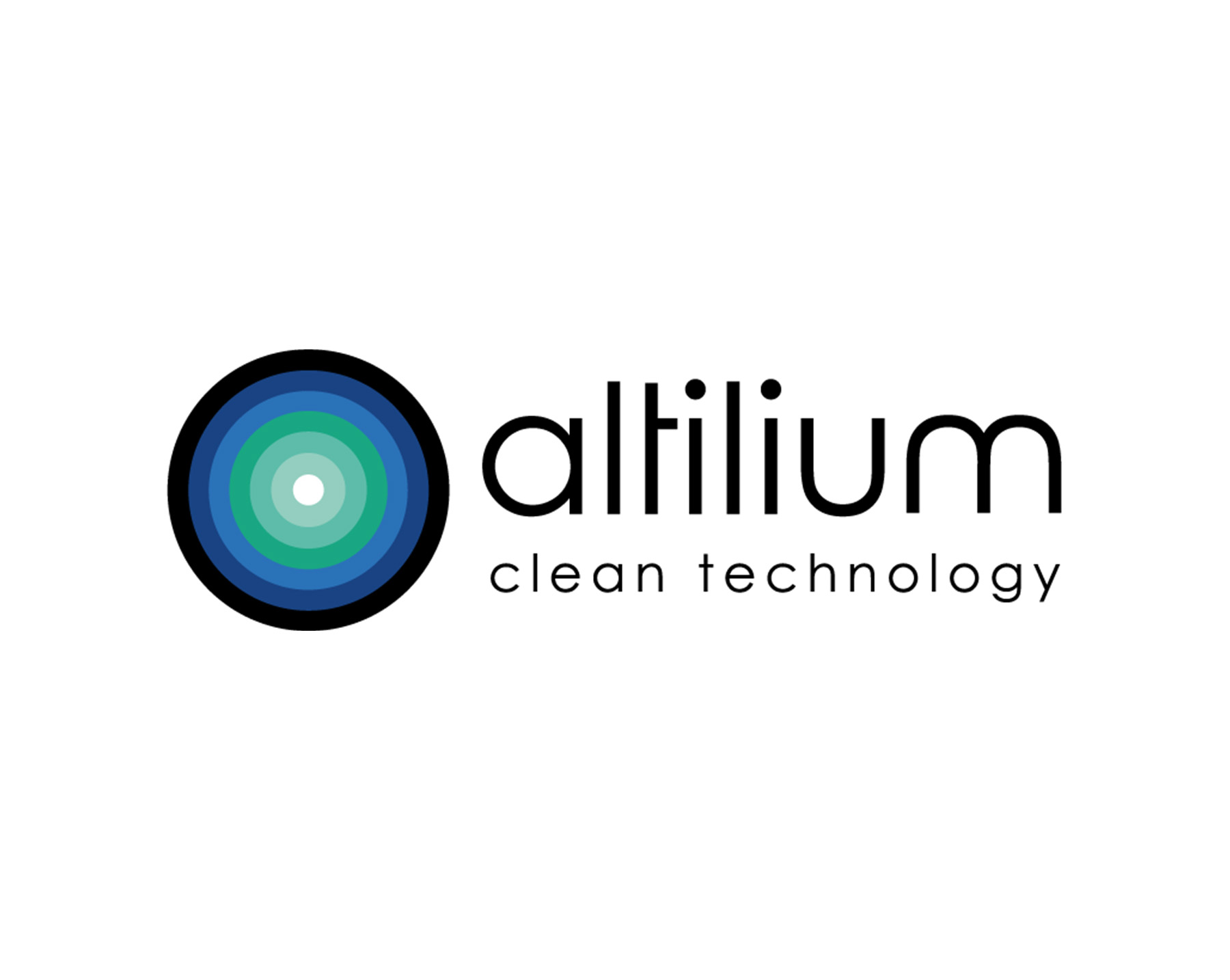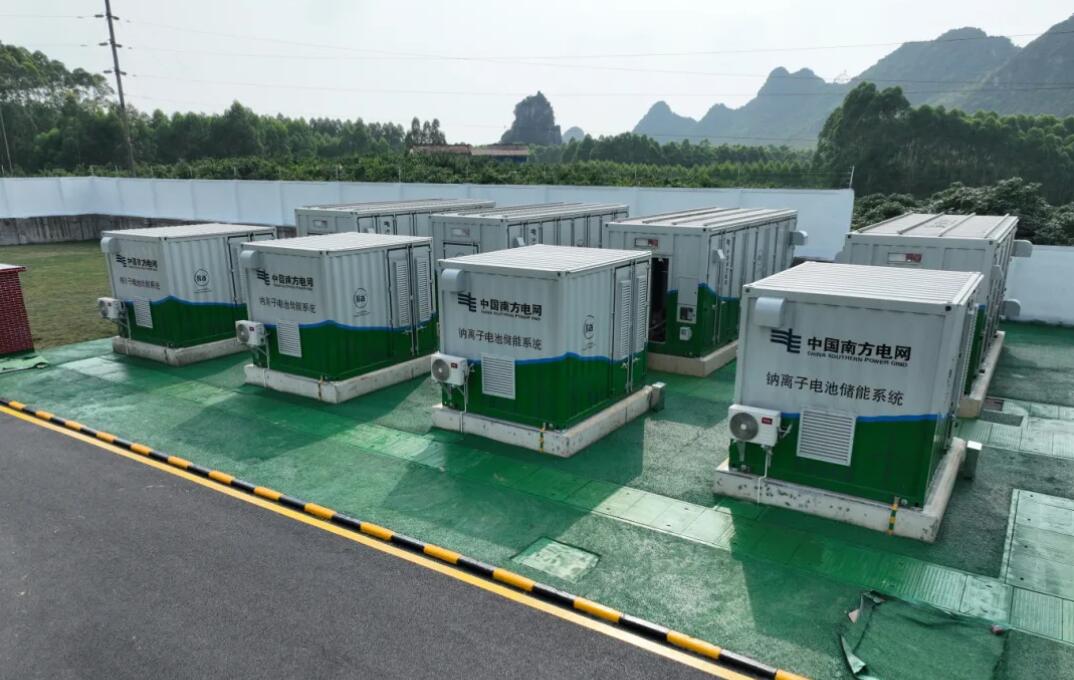Lyten has shipped lithium-sulfur (Li-S) batteries to Stellantis and several other leading US and European original equipment manufacturers (OEMs) for testing purposes.
The shipment, comprising A samples of its 6.5 Ah Li-S pouch cells, marks a pivotal step in the commercial evaluation of lithium-sulfur batteries by prominent automakers. Stellantis, which had previously announced an investment in Lyten’s lithium-sulfur battery development in May 2023, is among the recipients of the shipment.
“This milestone is the result of years of dedicated work and innovation from the Lyten team, and we are just at the start of further expanding the capabilities of our lithium-sulfur battery cells,” stated Lyten CEO and co-founder Dan Cook.
Operating from its automated pilot production line in San Jose, California, which commenced operations in May 2023, Lyten manufactures lithium-sulfur batteries using standard lithium-ion manufacturing equipment and practices. The company is planning to ship cylindrical A samples later this year, with the design of its first giga-scale factory currently underway.
While lithium-sulfur batteries have historically faced challenges related to cycle life and stability under real-world operating conditions, Lyten asserts that it has effectively addressed these issues in its lithium-sulfur EV batteries.
One of Lyten’s key innovations is the integration of its proprietary 3D graphene structure within the Li-S battery’s cathode. This structure enhances the battery’s overall stability and conductivity, mitigating issues such as the polysulfide shuttle effect, which is a common cause of rapid capacity loss in Li-S batteries.
Additionally, by utilizing a lithium metal composite for the anode instead of traditional graphite, Lyten has enhanced the anode’s stability and efficiency. This modification also contributes to increased energy density and potentially reduced degradation over time.
Moreover, Lyten’s lithium-sulfur batteries eliminate the need for critical minerals like nickel, cobalt, and manganese in the cathode, resulting in a projected 65% lower carbon footprint compared to lithium-ion batteries. Furthermore, the supply chain for these batteries can be fully sourced in the US or EU at scale.
Chrysler recently announced the inclusion of Lyten’s Li-S batteries in its Halcyon concept EV in February 2024. Additionally, the US Department of Energy has awarded Lyten $4 million to expedite development. To date, Lyten has raised over $410 million in equity capital.

